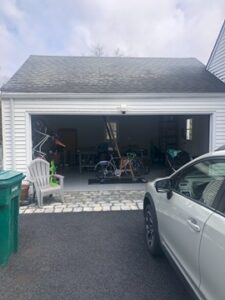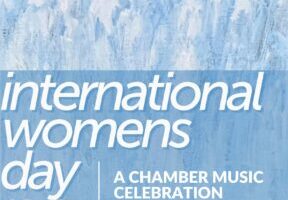 Westchester County Habitat for Humanity aims to make Westchester’s unaffordable housing situation affordable for a select group of residents, one homeowner at a time. And that’s no small thing.
Westchester County Habitat for Humanity aims to make Westchester’s unaffordable housing situation affordable for a select group of residents, one homeowner at a time. And that’s no small thing.
With funding available for 64 projects from New York state’s $85 million Plus One ADU Program, Westchester Habitat is seeking applicants for $125,000 per state grant to construct Accessory Dwelling Units (ADUs) on the properties of income-eligible residents in Bedford, Cortlandt, Croton-on-Hudson, Dobbs Ferry, Hastings-on-Hudson, Irvington and Yorktown.
Grant recipients can use the ADU to house a family member or caregiver, age in place with additional supplementary income, provide affordable workforce housing, or help to maintain the affordability of their homes due to rising costs.
In most cases the project will turn a garage or basement space into a livable studio or one-bedroom apartment of 400 to 800 square feet. The program is open to families with income levels up to 100% of the Westchester County AMI (area median income). For a family of four, the income limit is $156,200.
The NYS Plus One ADU program provides up to $125,000 in soft and hard costs per home to create or legalize accessory apartments.
Westchester Habitat, in tandem with the Housing Action Council and partner municipalities, will utilize the grant money to provide construction costs; ADU design and permitting; project budgeting; environmental site review; contractor selection & scoping; construction oversight; landlord training and post-construction monitoring.
According to Marnie Henricksson, who is Westchester Homeownership Programs Manager for Habitat for Humanity NYC and Westchester, in most cases the homeowner will need to contribute some additional money to the project.
“This isn’t a free ADU, I tell the applicants. This is a $125,000 grant toward your ADU. You might have to kick in $10,000 or more, although a few could come in under budget.
“The situation for many people is that the homeowner contribution is going to be needed. When it comes to contractors in Westchester, it ain’t cheap,” Henricksson said.
Because each situation is different and zoning and permitting laws differ in each town, one of the first steps Habitat takes is to make sure the town will allow the ADU. Some towns haven’t signed up for the program, Henricksson said, because they either don’t allow or don’t encourage ADUs.
For elderly folks who want to stay in Westchester but can’t afford to, building an ADU could allow them to live in the new space and rent out their house for income. The program is monitored to make sure the homeowner is complying with the rules about who can live in the ADU space.
Improving a property can lead to higher assessed value and increased taxes, but a new state law now allows municipalities to pass local laws granting tax exemption to property owners who build accessory dwelling units. The exemptions would apply to the assessment increase attributed to the unit and total 100 percent for the first five years with decreasing amounts for an additional five years.
Henricksson has a current applicant whose life will be changed with the program. A 29-year-old artist who inherited the home she grew up in when her father died, she will be able to live in the garage being converted and rent out the house for income.
Facing $30,000 in property taxes each year, keeping the property on her income is impossible but the NYS Plus One ADU program grant will make her dream come true.
As word gets out and the program launches, Henricksson sees many people coming forward to apply.
“We’re just opening it up this month and I’ve already gotten a tremendous response,” she said. “The program will move forward much more quickly now.”
To learn more about the program, contact Henricksson at 646.779.8893 or MHenricksson@habitatnycwc.org
Veteran journalist Jim Roberts is a regular contributor to River Journal.





